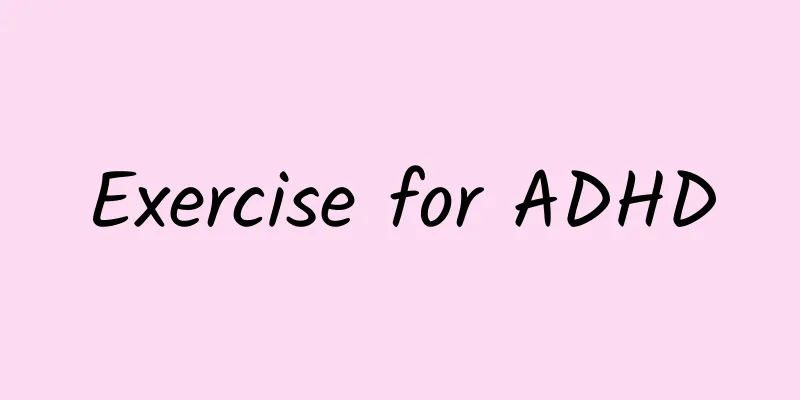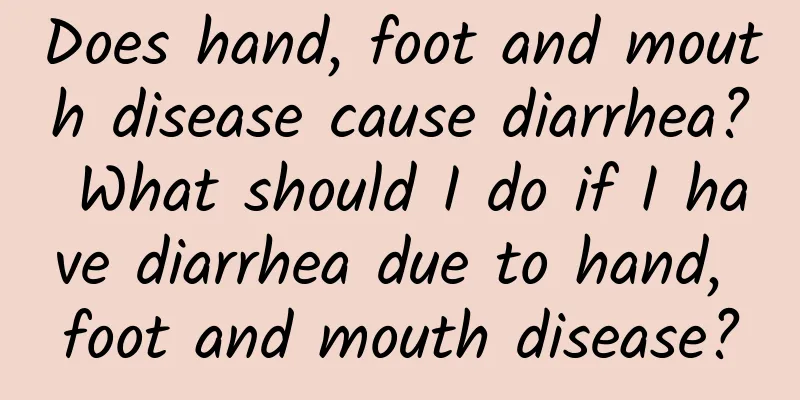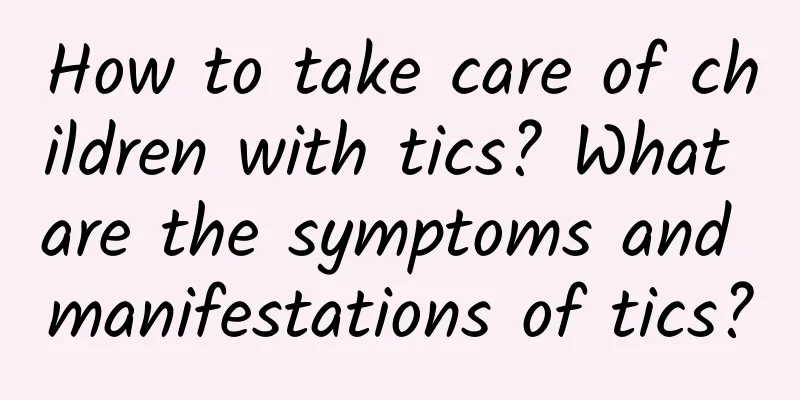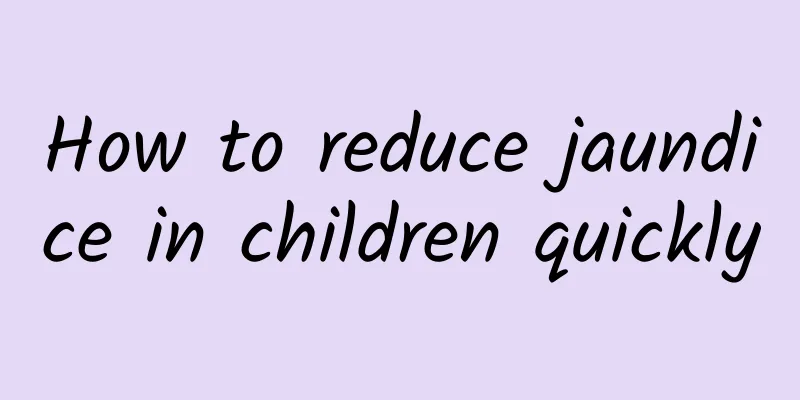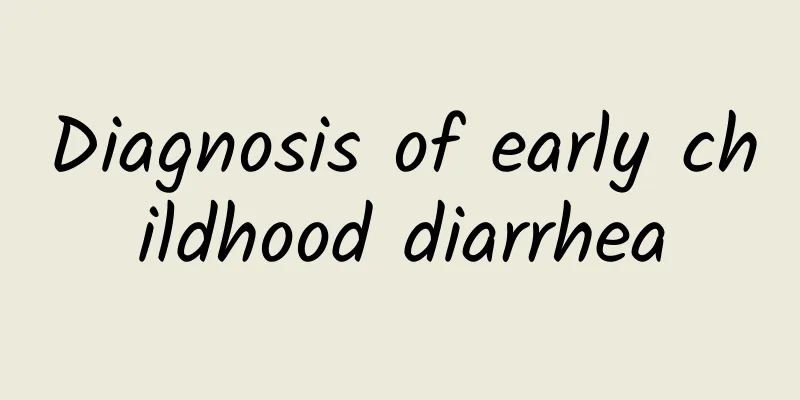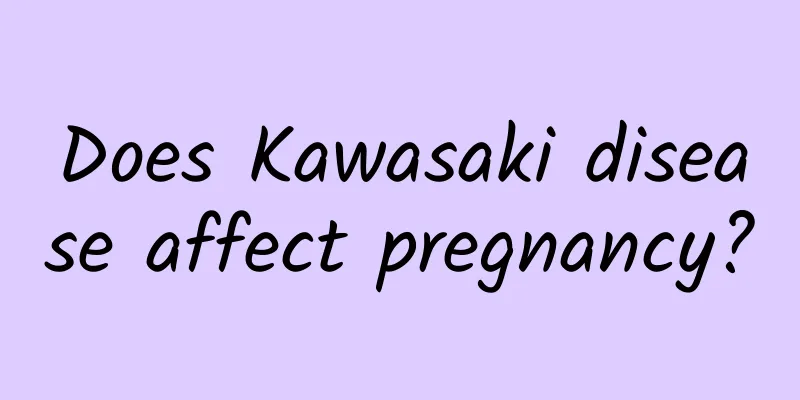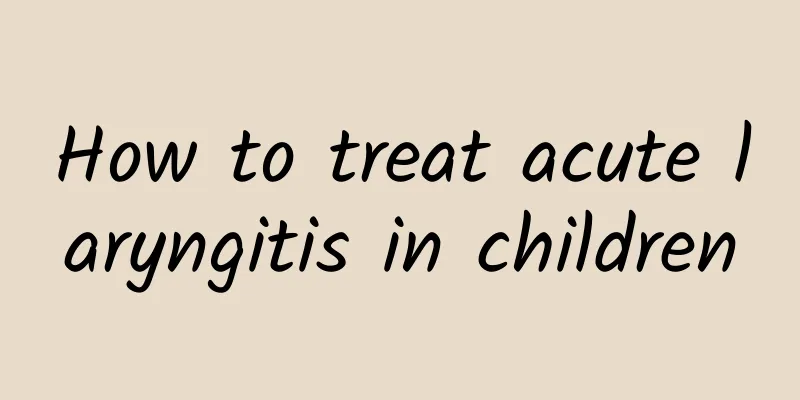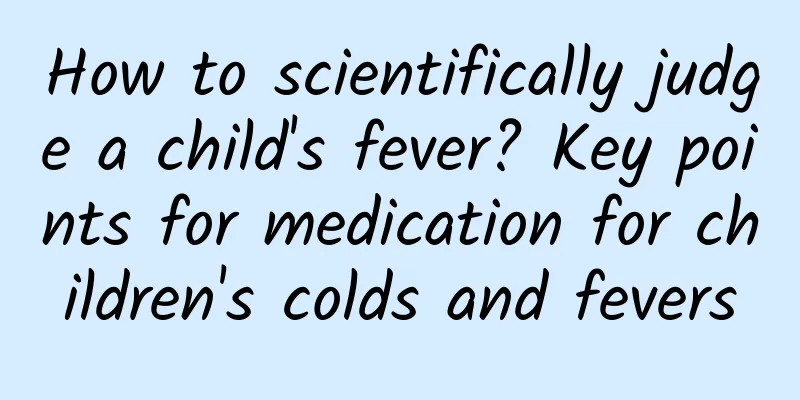How to treat tonsillitis caused by cold in children
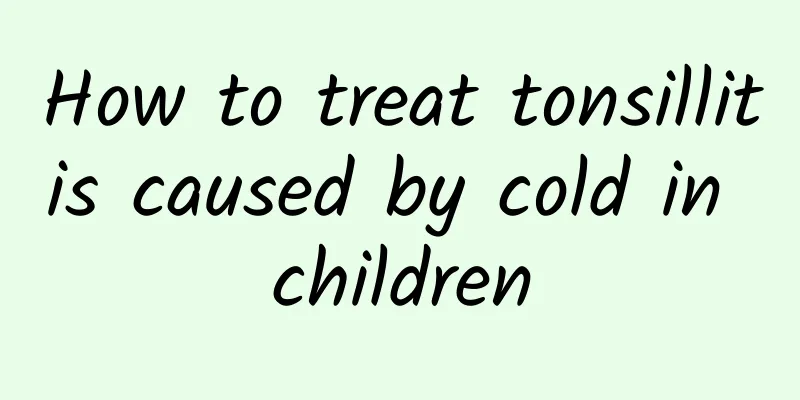
|
Tonsillitis caused by a cold in children needs to be relieved in time to prevent secondary infection. If the symptoms are mild, they can be relieved through home care and medication; if there is a high fever, severe throat pain, or difficulty swallowing, you need to see a doctor as soon as possible. Treatment methods mainly include medication, daily care, and surgery in severe cases. 1. Drug treatment Anti-inflammatory drugs: Tonsillitis caused by colds is mostly caused by viral infection, but may also be accompanied by bacterial infection. Doctors may prescribe antiviral drugs or antibiotics based on the infectious pathogen. Commonly used antibiotics include amoxicillin, oral cephalosporins, etc. Antipyretics: When a child has a fever with a temperature over 38.5°C, antipyretics such as acetaminophen or ibuprofen can be used under the guidance of a doctor to help relieve fever and sore throat. Topical medications: For children with more severe throat pain, children's throat sprays or lozenges can be used to relieve local inflammation and redness. 2. Daily care Ensure hydration: Drinking warm water or warm salt water can not only maintain the body's water balance, but also relieve throat discomfort. Avoid drinking overly sweet or sour drinks to avoid aggravating the irritation. Diet adjustment: Try to choose easily digestible and soft foods, such as porridge, chicken soup, oatmeal, etc., and avoid irritating foods such as spicy and fried foods. Improve the air environment: Keep the indoor air moist and use a humidifier to effectively relieve throat discomfort caused by dryness, especially in autumn and winter. 3. Surgical treatment in severe cases If tonsillitis recurs or tonsil abscesses form, an ENT specialist may be consulted to assess whether a tonsillectomy is necessary. Surgery is only indicated in cases where it severely affects your child's eating, breathing, or sleeping. If your child has a persistent high fever, lethargy, severe throat pain, difficulty swallowing, or even difficulty breathing, these may be signs of a serious tonsil infection and you need to see a doctor as soon as possible for a detailed examination to rule out the possibility of streptococcal infection or other complications. Early treatment and proper care are the key to solving children's tonsillitis caused by colds. Parents should pay close attention to changes in their children's symptoms and actively communicate with doctors about treatment plans to prevent the condition from getting worse due to delays. Giving children more water and arranging their daily routines can also help relieve inflammation and promote recovery. |
<<: What to do if a newborn has jaundice and has favism
>>: What causes acute mumps in children?
Recommend
What to do if the baby can't cough up phlegm? How to treat if the baby can't cough up phlegm?
Babies may experience various uncomfortable sympt...
Can hand, foot and mouth disease turn into pneumonia?
Hand, foot and mouth disease generally does not t...
Will pediatric eczema relapse? 4 factors that easily lead to recurrence
Eczema in children will relapse, and the main rea...
Three major characteristics of breast milk jaundice
Breast milk jaundice refers to jaundice symptoms ...
How to treat pseudojaundice? Three methods of treating pseudojaundice
Pseudojaundice is mostly caused by dietary factor...
What should I do if my baby coughs badly at night? How should I treat my baby's cough at night?
Children are prone to coughing, and every time th...
What is the standard for complete cure of acute laryngitis in children?
Acute laryngitis in children often occurs in wint...
How to treat cough caused by allergic rhinitis in babies
When babies have allergic rhinitis, it can cause ...
How to prevent diarrhea in children in summer? How to prevent diarrhea in children in summer?
Children have weak stomachs and intestines, and s...
Symptoms of phenylketonuria in children
Phenylketonuria in children requires early interv...
What should I do if my baby has eczema? What are the preventive measures for baby eczema?
Baby eczema is a common allergic skin inflammatio...
Are childhood seizures life-threatening?
Convulsions in children can be life-threatening, ...
Causes of diarrhea in children
Infant diarrhea is a disease we often see. Many b...
What should not be eaten if you have hand, foot and mouth disease
Hand, foot and mouth disease is a common infectio...
Will fever and jaundice develop into early liver cancer? What should you pay attention to in your daily diet to prevent liver cancer?
Liver cancer is a malignant tumor of the liver. I...
